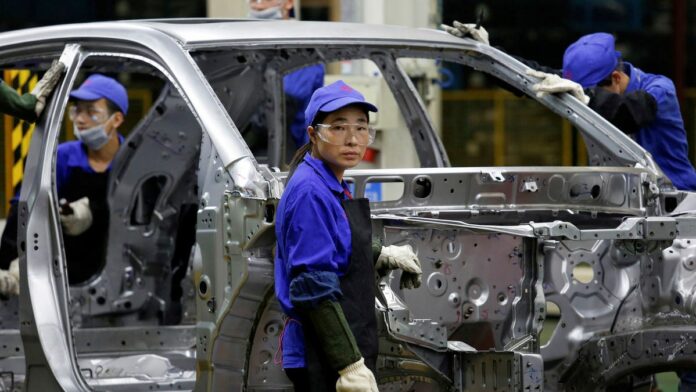Last week, Chinese electric vehicle giant BYD delivered its first batch of electric vehicles to customers in Hungary. The company called it (link in Chinese) “a new chapter in developing the Central and Eastern European market.”
The milestone comes as Chinese EV and battery companies have invested billions of euros in Hungary to build production facilities there.
Hungary — a member of the European Union and NATO — has become a key hub for Chinese EV makers’ push to grow exports in Europe and expand their market presence worldwide. Europe currently accounts for one-third of China’s total EV exports, which last year jumped 64%. Hungary is seen as an important bridgehead of Chinese manufacturing capacity in Europe.
Some of China’s largest battery makers, including CATL, EVE Energy, and Sunwoda have all announced plans to build factories in Hungary. BYD, which already has a bus assembly plant in the country, confirmed in December that it would build a new EV factory there and just signed a major land purchase deal last month with the southern city of Szeged.
Longtime strategic partners
In part, Hungary’s attractiveness stems from its being a longtime strategic partner of Beijing. It was the first European country to sign on to Beijing’s flagship infrastructure and trade program, the Belt and Road Initiative.
And ties between the two countries continue to strengthen: this month, Beijing made the unusual move of pledging to back Budapest on security matters, and both sides have agreed to deepen collaboration on issues like counter-terrorism and cracking down on transnational crimes. Winning Hungary over to its side amid an ongoing E.U. subsidies probe into Chinese EV imports will likely serve Beijing’s interests well.
Chinese industry observers also note (link in Chinese) that Hungary has a skilled labor force, lower wages than elsewhere in Europe, good infrastructure, and a robust manufacturing base.
“With Hungary’s unique location advantage, China’s new energy vehicle brands can not only avoid the ‘Maginot Line’ in Europe, but also make it a bridgehead to enter the European and North American markets,” writes the tech outlet OFWeek (link in Chinese), referring to the fortified defensive line built by France in the 1930s to prevent invasion by Nazi Germany.
‘Avoid geopolitics’
All this is understandably causing some amount of consternation in Brussels, particularly as the E.U. seeks to lower dependence on China and ramp up economic security measures.
China couldn’t be more thrilled. Hungary “will not be the same as old-school Western countries such as Britain, France, and Germany,” notes the outlet 36Kr (link in Chinese), adding that Chinese automobiles can leverage Hungary’s unique location to “go overseas and avoid the disadvantages and risks brought by geopolitics.”


